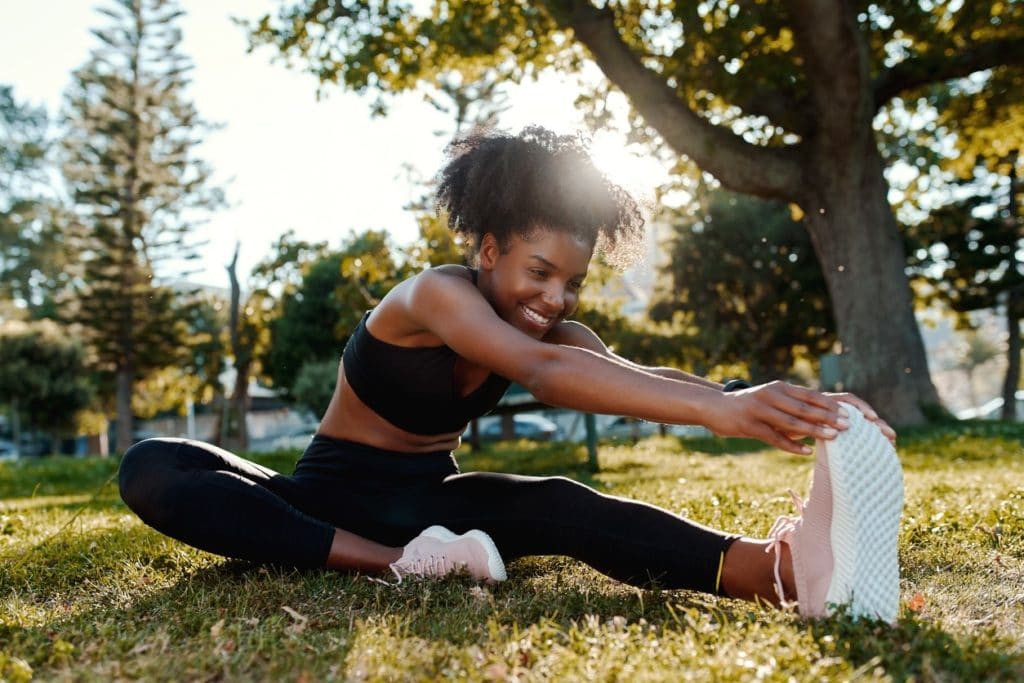
You don’t need a degree from Oxbridge to know that sports performance and nutrition go hand in hand. That’s why going for a morning run just after curry night, or cramming in a cardio session on nothing but a coffee never goes well for anybody (including us 😆).
But, while getting in your carbs before hitting the treadmill, or loading up on protein after weightlifting are known to improve sports performance, what about probiotics – also known as ‘active cultures’ and ‘good gut bacteria’?
WHAT ARE THE BENEFITS OF PROBIOTICS?
Probiotics are proven to boost your digestive heath, and even help with stress relief. There’ve been some really interesting findings.
Growing scientific evidence
Exciting news! Studies have been carried out to understand if sports performance can also be improved by these friendly bacteria. And we’ve looked through the research, so you don’t have to!
Don’t forget… Perkier Madagascan Vanilla & Dark Chocolate and Perkier Blueberry & Dark Chocolate Active Culture bars are packed with billions of friendly probiotics! Buy them now from Morrisons, Amazon and the Perkier Webshop.

2 WAYS PROBIOTICS IMPROVE SPORTS PERFORMANCE
#1 They strengthen athletes’ immune systems
Being an athlete doesn’t give your immune system an easy ride. Excessive training, the stress of competing, potential sleep disturbance, the pressure of crowds and environmental extremes can all have a negative effect on athletes’ immune systems.
These stresses have been shown to bring on more upper respiratory tract infections and GI issues in athletes. But while sickness effects training and the ability to perform well, what does immunity have to do with probiotics? And can probiotics really help?
KEY FACT: About 70% of the immune system is found in your gut, so keeping your gut in good health will keep your immune system in check.
Studies show reduced infection rates when you take probiotics
The Science
In one large study of athletes, it was found that taking a probiotic reduced the risk of getting an upper respiratory tract disorder by 27% when compared to athletes not taking a probiotic (West et al, 2014). In a further study on elite runners, it was again found that taking a probiotic reduced both the incidence and the severity rate of upper respiratory tract disorders (Cox et al, 2007).
Probiotics have also been shown to stop pathogens (the bad guys) causing havoc in your gut, by outcompeting them for all the stuff they need to survive, and by producing antimicrobials, which fight them off. Common probiotics such as Bifidobacterium and Lactobacillus have been shown to stop pathogens like Salmonella (you know, that nasty bacteria found on raw chicken sometimes) and E.coli before they can do your gut any damage.
#2 They speed up sports recovery
After intense training, your muscles become slightly damaged and need a little time to recover and repair. But there’s now some evidence emerging that probiotics may speed up the recovery process.
The Science
Run for longer with probiotics!
- One study of runners measured the time taken for the athletes to get tired while running with and without probiotic supplements. The athletes who’d taken probiotics kept up the pace a lot longer before they tired.
- Other research into exercise recovery has found that probiotics may also reduce inflammation after working out.
Top Tip: Combine probiotics with protein
When you supplement 20g of protein with a probiotic, it significantly increases the absorption speed of protein, which is essential to muscle growth and repair.
WATCH OUT! NOT ALL PROBIOTICS ARE EQUAL!
Are some probiotics more effective than others?
Yep! Probiotics come in many forms, and they’re not all created equally. Just make sure that the probiotics you choose are microencapsulated so they survive the journey into your gut, and that they’re well researched – type their name into Google and you’ll find out!
Perkier Active Culture bars contain two well researched strains of probiotics. Since the harsh acid in your stomach can kill probiotics before they reach your gut, our probiotics are microencapsulated, meaning they’re wrapped in a protective capsule to make sure they reach the gut alive.
Friendly bacteria can also be found in naturally fermented foods such as yoghurts, kombuchas, kefirs and sauerkraut, but the strains and quantities of good bacteria in these types of foods can vary.






